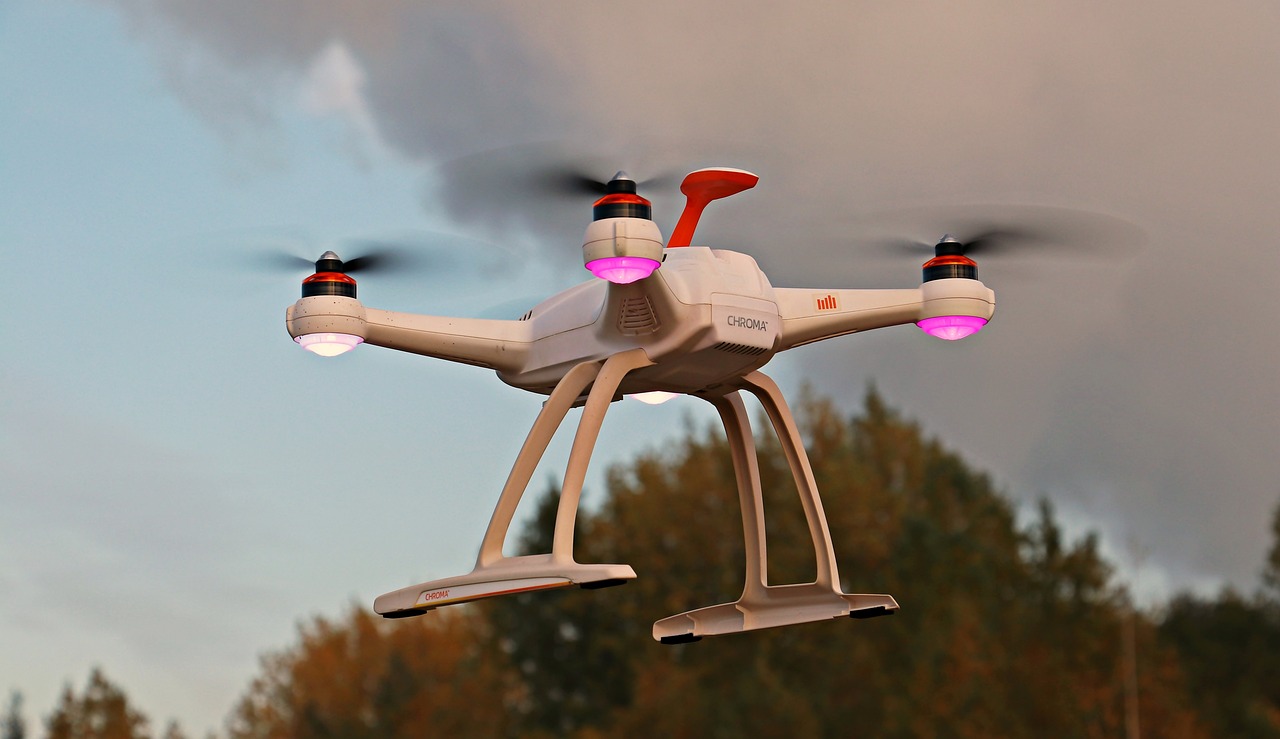The Potential of AI in Drug Repurposing
In the realm of healthcare, the integration of artificial intelligence (AI) has made significant strides in drug repurposing. By leveraging AI algorithms and machine learning techniques, researchers are able to sift through vast amounts of data to identify existing drugs that could potentially be repurposed for new therapeutic uses. This approach not only expedites the drug discovery process but also offers a cost-effective solution to developing new treatments for various medical conditions.
AI in drug repurposing has the potential to revolutionize the pharmaceutical industry by uncovering hidden connections between drugs and diseases that may have been previously overlooked. Furthermore, the ability of AI algorithms to analyze complex biological data sets allows for a more personalized approach to treatment, where existing drugs can be tailored to specific patient populations based on their unique genetic makeup and medical histories. As research in this field continues to advance, the impact of AI in drug repurposing on healthcare outcomes is poised to be profound.
The Role of Artificial Intelligence in Identifying Novel Drug Targets
Artificial intelligence (AI) has emerged as a powerful tool in identifying novel drug targets by analyzing vast datasets and discovering potential connections that may have been overlooked by traditional methods. Through machine learning algorithms, AI can sift through complex biological information and predict which molecules or biological pathways could be promising targets for drug development. This process accelerates the identification of potential drug targets and paves the way for innovative therapeutic interventions.
By leveraging AI technology, researchers are able to delve deeper into the molecular mechanisms underlying diseases, leading to the identification of novel drug targets with higher precision and efficiency. The ability of AI algorithms to analyze intricate patterns in biological data enables scientists to uncover hidden correlations and make informed decisions on which targets to pursue for drug development. This transformative approach not only expedites the drug discovery process but also enhances the likelihood of successful outcomes in developing new treatments for a wide range of diseases.
• AI can analyze vast datasets to discover potential connections for novel drug targets
• Machine learning algorithms can predict promising molecules or pathways for drug development
• AI accelerates the identification of potential drug targets and leads to innovative therapeutic interventions
• Researchers leverage AI technology to identify novel drug targets with higher precision and efficiency
• AI algorithms analyze intricate patterns in biological data to uncover hidden correlations
• This approach expedites the drug discovery process and enhances successful outcomes in developing new treatments.
How AI Algorithms Can Predict Drug-Drug Interactions
Drug-drug interactions are a critical concern in healthcare as they can lead to adverse effects, decreased efficacy of treatments, or even life-threatening consequences. With the rapid advancements in artificial intelligence (AI), algorithms have been developed to predict potential interactions between different medications. These AI algorithms analyze vast amounts of data, including drug characteristics, patient profiles, and known interactions, to forecast the likelihood of adverse drug-drug interactions accurately.
By leveraging AI algorithms to predict drug-drug interactions, healthcare providers can make more informed decisions when prescribing medications to patients. These algorithms can flag potential risks based on individual patient data, such as age, gender, medical history, and genetic predispositions. This proactive approach allows healthcare professionals to minimize the occurrence of harmful interactions, improve patient safety, and enhance the overall quality of care provided.
How can AI algorithms predict drug-drug interactions?
AI algorithms can predict drug-drug interactions by analyzing large amounts of data on drug properties, molecular structures, and known interactions to identify patterns and potential risks.
What role does artificial intelligence play in identifying novel drug targets?
Artificial intelligence can help researchers identify novel drug targets by analyzing biological data and identifying potential protein interactions that could lead to new drug discoveries.
How is AI changing the game in drug repurposing in healthcare?
AI is changing the game in drug repurposing by analyzing existing drugs for new uses based on their molecular properties and interactions, leading to faster and more cost-effective drug development.
Can AI algorithms help reduce the risk of adverse drug reactions?
Yes, AI algorithms can help reduce the risk of adverse drug reactions by predicting potential drug-drug interactions and providing insights into safer combinations of medications for patients.





